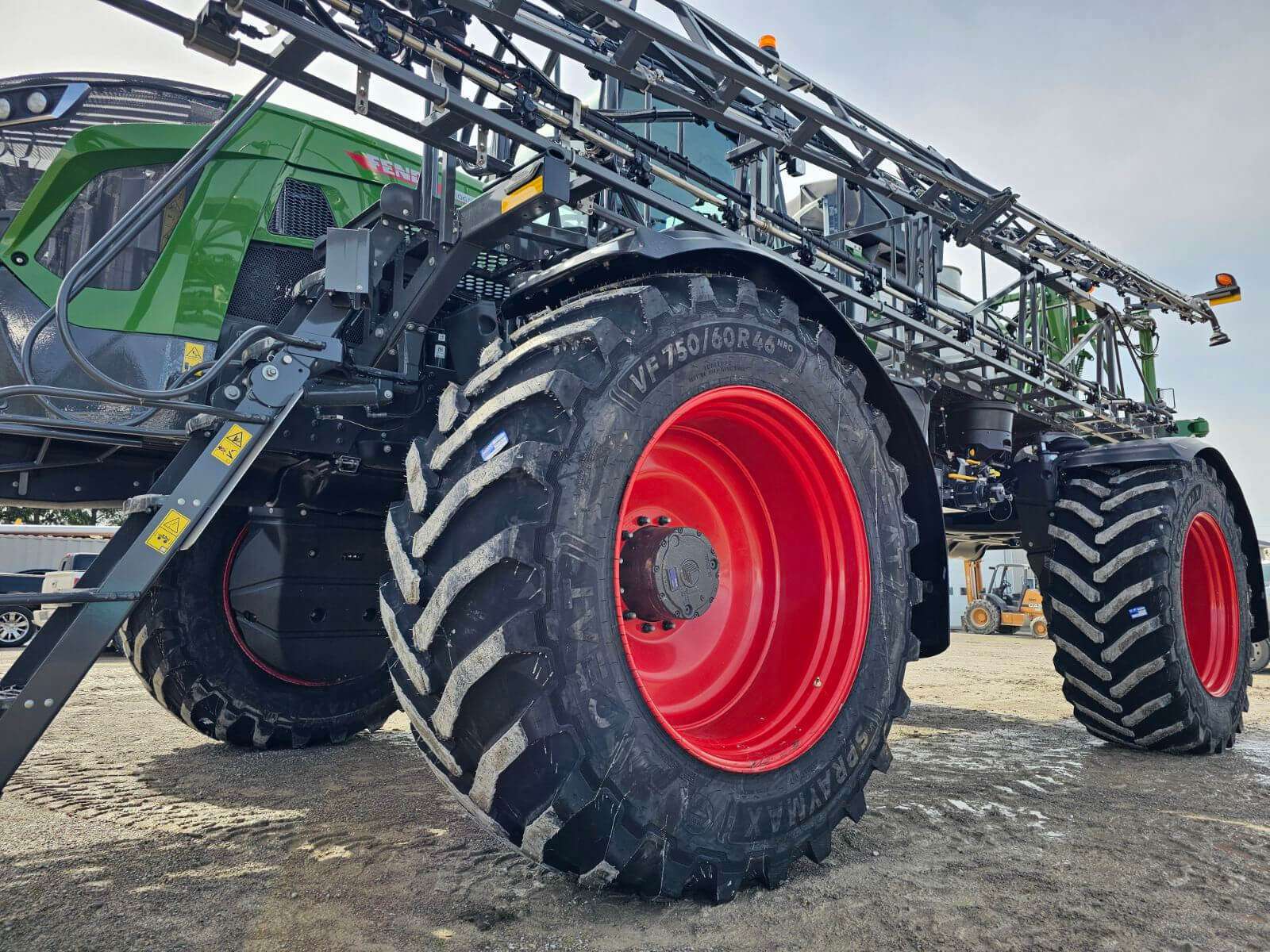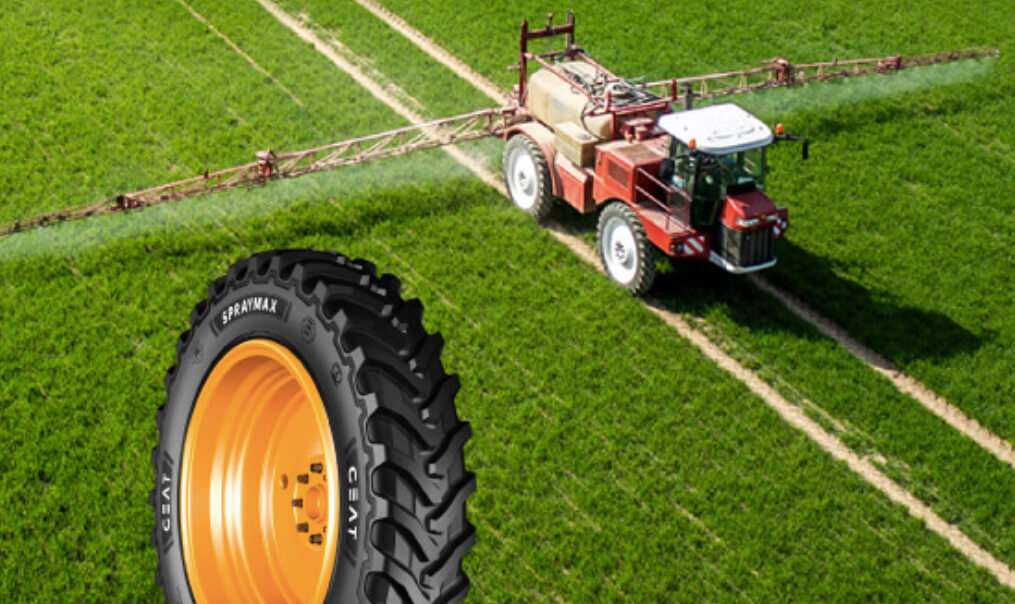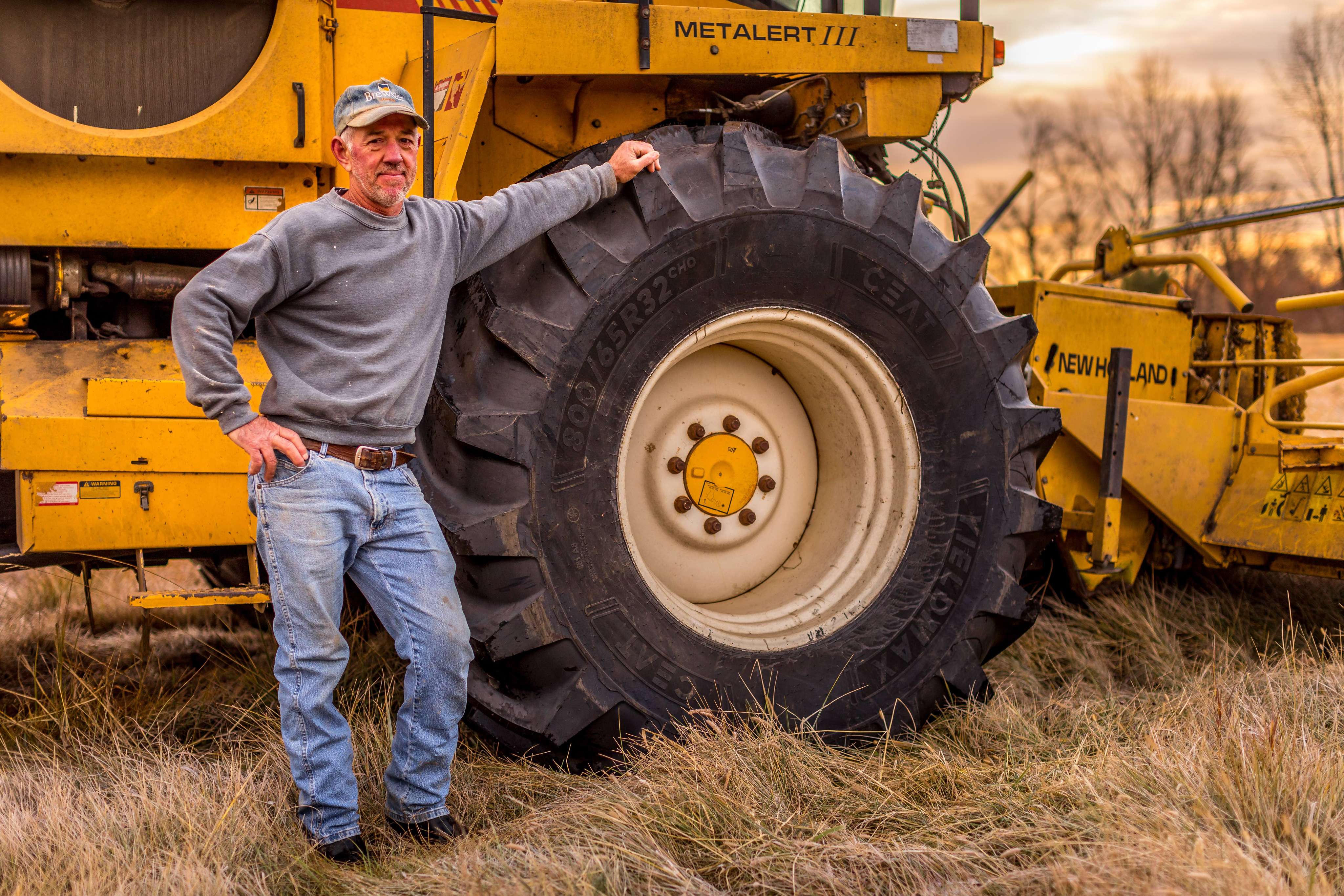ceat-speciality:blogs-tags/all,ceat-speciality:blogs-tags/technology
The Right Tires Matter: Why You Shouldn’t Skimp on Quality for Your Agricultural Vehicles
Wed, 15 Feb 2023 | PRODUCTS
What is the cost of down time when there are crops to harvest and a tractor tire is out of commission? Or you’re buying another set of tractor tires because your current set wore out much quicker than expected?
Farm tractor and implement tires are a significant investment, but don’t be penny wise and pound foolish! Buying the cheapest Ag tire could quite likely cost you more in the long term. Likewise, opting for the farm tire with the highest acquisition price is not a guarantee that you are getting good value.
Total cost of ownership
This is what matters the most – tread life and best service at the optimum acquisition price. Until you have experience with a new tire brand, follow your tire dealer’s advice based on his experience. The objective is to compare the acquisition price with the tread wear and overall performance achieved to determine the total cost of ownership (TCO). CEAT farm tractor tires, such as the Torquemax VF, are gaining rapid acceptance from North American farmers because they deliver a superior TCO.
Warranty
Does the tire come with a warranty? Farm tractor tires are a significant investment for any farm or ranch, so a good warranty provides peace of mind. CEAT Ag radials are backed with a 7 year manufacturer’s warranty and a 3 year field hazard warranty. The warranty is very rarely needed but it provides good peace of mind.
For some criteria, such as traction in the field and ride on the road, you will know fairly soon whether you made the right decision. Concerning the very important metric of cost per hour, you cannot ascertain that until the tire is worn out. Then you can compare the acquisition price to the number of hours of service.
Brent Sisson, Agricultural Tire Specialist for Tirecraft Sarnia in Ontario, Canada, says it takes him about four years to truly evaluate an Ag tire brand. He’s been selling CEAT farm tires for four years now and he is all in!
“For myself, it’s about a 4-year process before I can feel confident in telling my customers I have confidence in a product,” Sisson notes. “I have to see it first-hand with known comparisons. CEAT is one brand that has surpassed my requirements. They provide a high quality, precision product. We have had lots of excellent customer feedback.”
IF/VF Tires
The “right” Ag tire for you may very well be one featuring IF or VF technology. One of the most important developments in farm tires in recent years is IF (increased flexion) and VF (very high flexion) tires. IF tires are designed to carry 20% more load than a standard radial and, alternately, carry the same load as a standard radial at 20% less pressure. VF tires such as the Torquemax VF, are even more advanced with the ability to carry 40% more load or the same load with 40% less pressure. Structural and compound innovations in IF/VF tires allow the sidewalls to flex more during operation. By utilizing the lower inflation pressures made possible by IF/VF tires, a farmer can increase the tires’ ground contact area, helping with traction and fuel economy, and also reduce the harmful downward forces that cause soil compaction.
CEAT is committed to providing North American farmers and ranchers high quality tires at an “honest price.” The company continually invests in R&D and its manufacturing plants to deliver the highest quality products to its customers. Of particular note, CEAT is totally committed to following Total Quality Management (TQM) principles. CEAT is the only tire company outside of Japan to receive the prestigious Deming Prize (in 2017) for TQM excellence.























